DOHA, Qatar — The old joke among foreign policy wonks began thus: After the collapse of the Soviet Union and the end of the Cold War, the world was surprised to discover that it still had two superpowers: the United States and … Kuwait. And, it went on, after Kuwait was chastened by the Iraqi invasion and the Persian Gulf war, by the mid-1990s the world again found itself with two superpowers: the United States and … Qatar.
This wisecrack lampoons the attempts of tiny but ultrarich Gulf states to punch above their weight in international relations. Kuwait may have once set the pace, but for the past 20 years Qatar has tried to leverage its vast energy wealth to build and project its influence throughout the Middle East.
Now, however, Qatar’s rulers seem to be adjusting their once-adventurous foreign policy. In particular, the rapprochement between Qatar and its neighbor and former rival, Saudi Arabia, marks a generational shift in strategic thinking.
Qatar’s astonishing wealth underwrote the policies under the previous emir — who ruled from 1995 until his abdication in 2013 — of spending lavishly on making friends and influencing people, Saudi Arabia excepted. For most of the past two decades, Qatar seemed driven by a determination to challenge and outflank its big brother to the West.
Among the most fundamental of Qatar’s numerous investments are the American military installations at Al Udeid Air Base and Camp As Sayliyah. Reportedly, these have been heavily funded by Doha, including more than $1 billion in initial construction costs. Qatar sees these bases as vital guarantors of its national defense.
Qatar’s regional strategy, meanwhile, focused on promoting Muslim Brotherhood parties throughout the Arab world. But this approach provoked tensions with Saudi Arabia and another Gulf Cooperation Council state, the United Arab Emirates. Both have declared the Brotherhood a terrorist organization.
Qatar’s pro-Brotherhood policies were reflected in the activities of the influential state-owned Al Jazeera television news network, as well as in Doha’s financial support for Brotherhood groups, including Hamas in Gaza. Support like this strained relations with other Gulf Cooperation Council states over the upheavals in Egypt, Libya and other Arab Spring countries.
Tensions finally boiled over at a council summit in March 2014, which led Saudi Arabia, the U.A.E. and Bahrain to withdraw their ambassadors from Doha. The crisis continued until November, when it was finally resolved with the signing of the Riyadh “supplementary agreement.”
The full contents of the agreement have not been disclosed, but the widespread assumption that Qatar agreed to reduce its backing for Muslim Brotherhood movements has been borne out by a de facto shift of policy. Qatar has notably reduced its support for Hamas, and there has been an exodus of Brotherhood leaders from Doha.
In country after country, the Brotherhood’s fortunes were already in free fall. Doha clearly concluded that it was making too many enemies while backing a losing side.
The accession of new monarchs has also changed the dynamic between the once-rival states. In 2013, Qatar’s Sheikh Hamad abdicated in favor of his son, Sheikh Tamim bin Hamad al-Thani, and in January, King Salman took power in Saudi Arabia. Salman moved quickly to secure greater unity among the Gulf states, in particular ending the rift with Qatar. That was the prelude for a more assertive regional stance, best exemplified by the intervention in Yemen.
Doha has welcomed Riyadh’s new strategic direction. Qataris involved in the foreign policy debate in Doha now offer a robust defense of Gulf Cooperation Council actions that are harshly criticized outside of the Gulf. Public sympathy here for Saudi policies in Yemen, Iraq and Syria — and resentment of Iran’s role — reflects a level of cooperation between Riyadh and Doha unknown for two decades.
Along with this, there is a palpable sense of relief among Qataris that their leaders now define the national interest in a less arcane manner. These days, almost everyone in Qatar can explain what their country is trying to do and why. That wasn’t always the case, to put it mildly.
Qatar is also by far the most generous donor country investing in Gaza’s reconstruction. Counterintuitively, this has contributed to a thaw in relations with Israel, which cautiously welcomes Qatar’s investments in Gaza and its efforts to broker a long-term cease-fire, especially since they are coupled with reduced political support for Hamas. In March, Qatar’s representative in Gaza, Mohammed al-Emadi, praised Israel for facilitating Gaza reconstruction, the first public recognition of a new Israeli attitude that welcomes Doha’s efforts in the impoverished territory.
None of this is to say that the days of Qatari-Saudi rivalry are completely gone. Some level of competition is bound to continue. The more localized the issue, like an unresolved border dispute, the more likely the two countries are to fall out. And despite moving closer together, Qatar and Saudi Arabia still do not share a common view on several key regional issues.
Doha is less invested in the Muslim Brotherhood than it used to be, and Riyadh less hostile, but it would be an exaggeration to say the two leaderships view the Islamists in the same light. But there are good reasons Qatar seems to have concluded that rivalry with Saudi Arabia is at best pointless and potentially catastrophic.
One is the region’s grave security problems: Iraq, Syria, Libya and Yemen are imploding, and terrorist groups like the Islamic State are on the rise. Another is that with Tehran and Washington moving toward a nuclear agreement, if not a broader rapprochement, Qatar’s interest lies in closer ties with Gulf Cooperation Council allies, rather than going it alone.
This more circumspect foreign policy is a sign that Qatar has decided that coordinating with its Gulf neighbors should yield better results than trying to act like a miniature superpower.
The views represented herein are the author's or speaker's own and do not necessarily reflect the views of AGSI, its staff, or its board of directors.
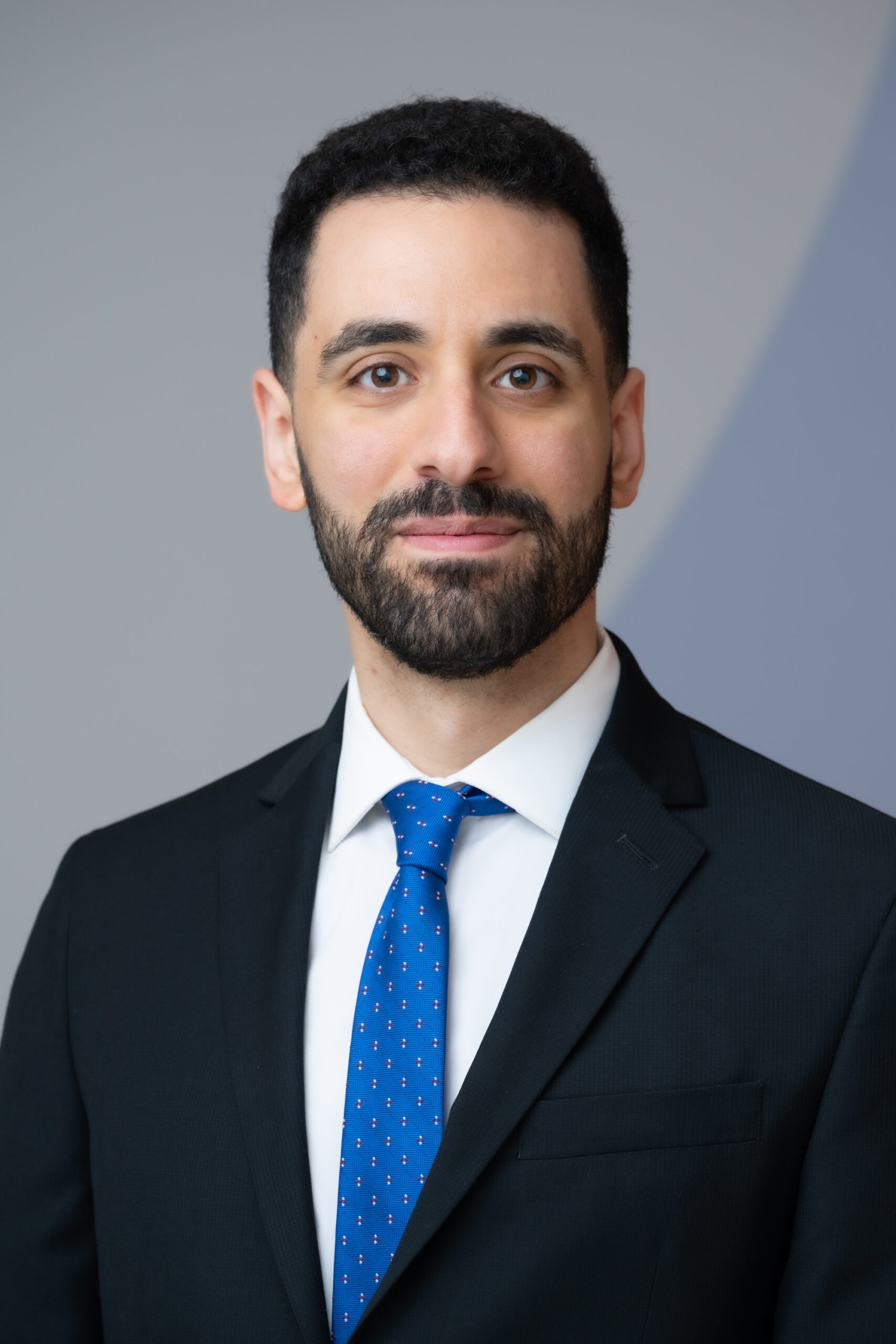


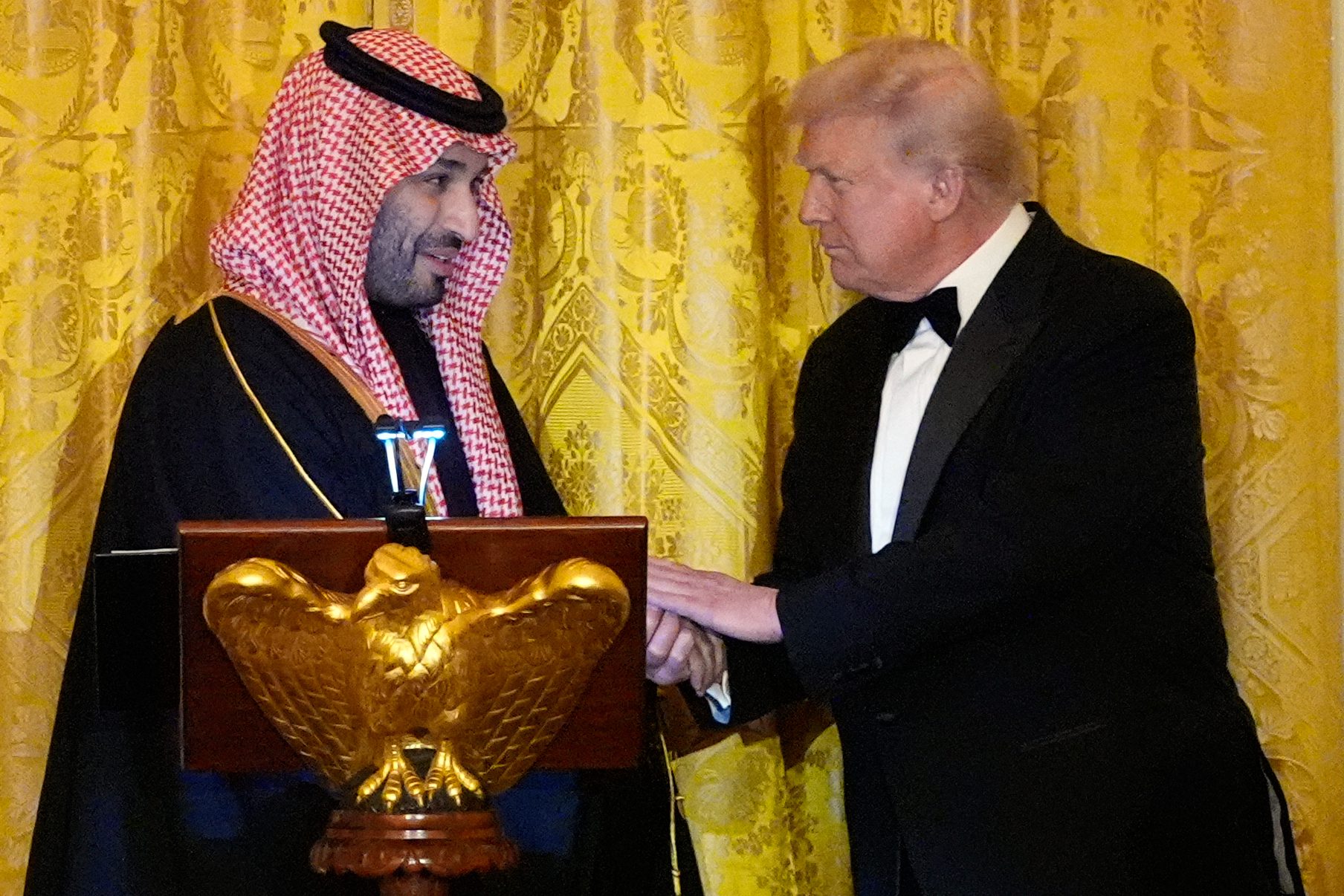




















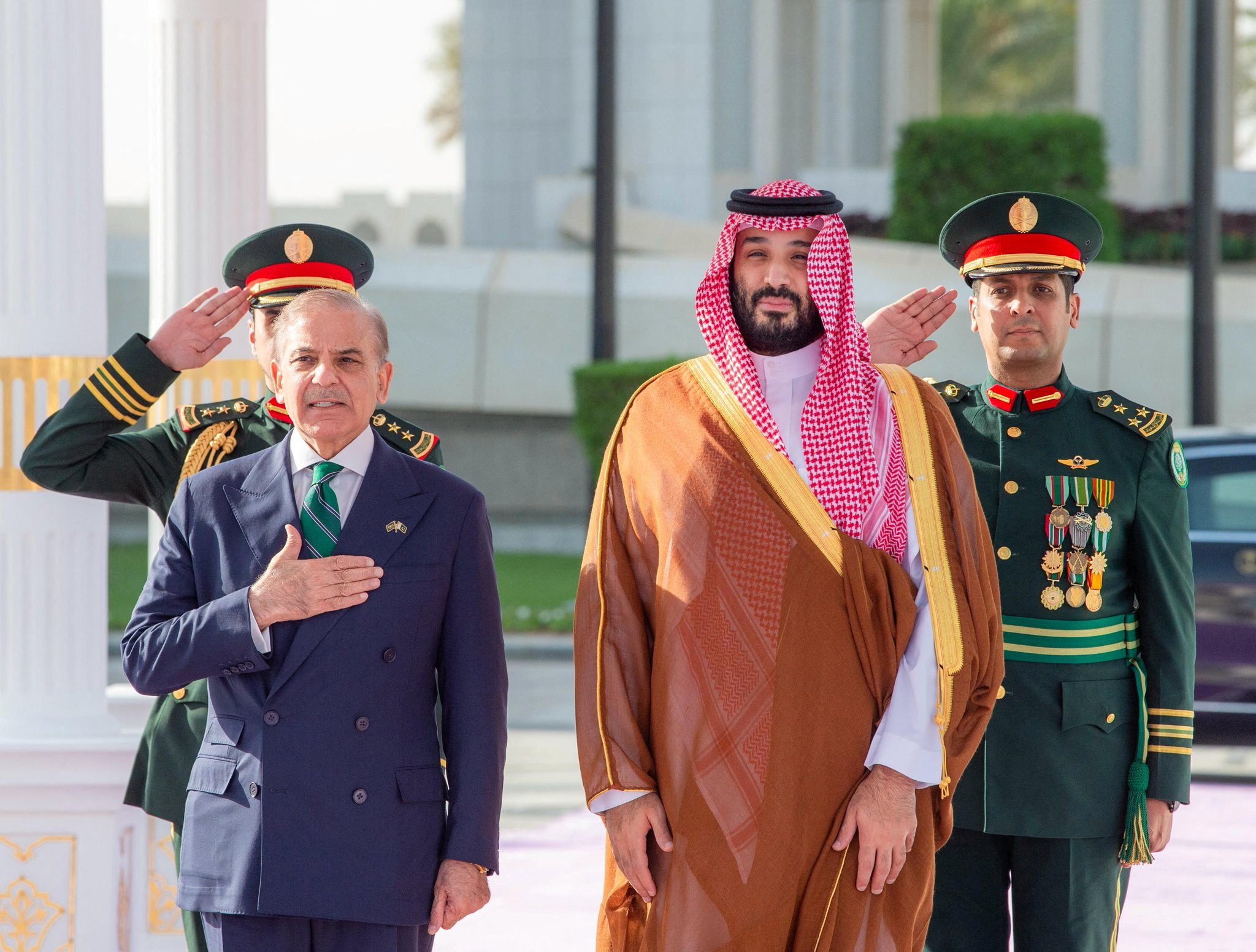
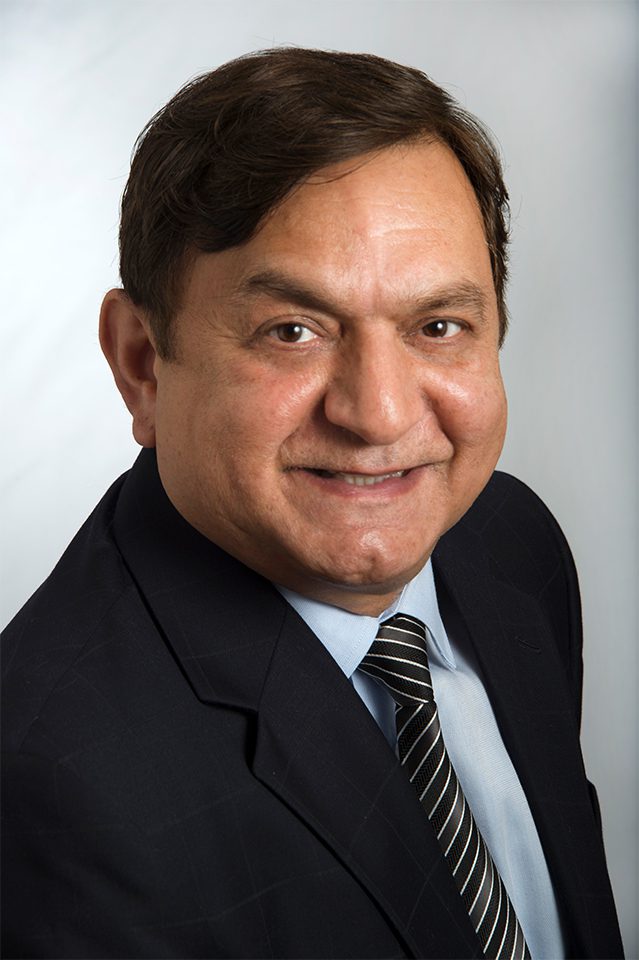
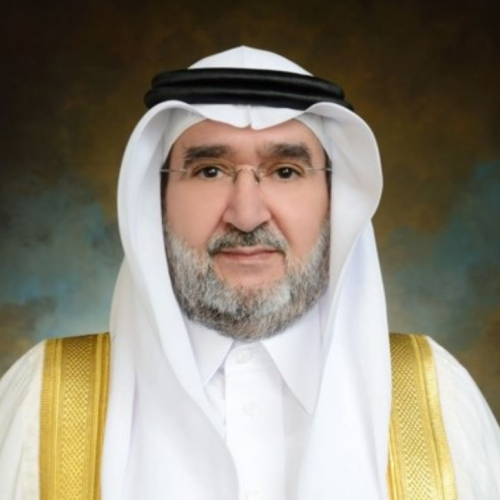
Jun 29, 2015
Qatar Changes Course
DOHA, Qatar — The old joke among foreign policy wonks began thus: After the collapse of the Soviet Union and the end of the Cold War, the world was surprised to discover that it still had two superpowers: the United States and … Kuwait. And, it went on, after Kuwait was chastened by the Iraqi...
8 min read